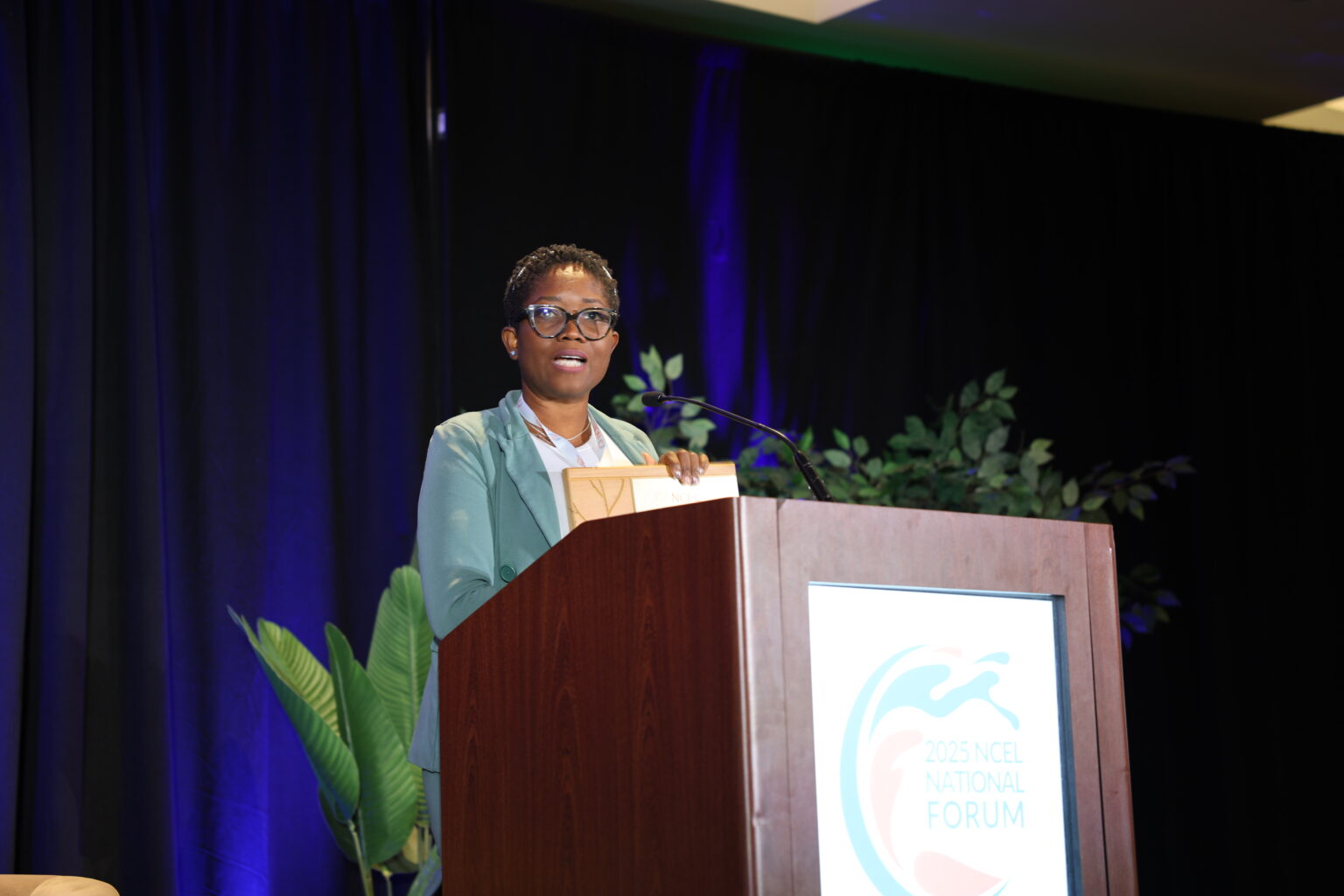On August 1st, I was honored to receive the National Caucus of Environmental Legislators’ (NCEL) Rising Environmental Leader Award. I accepted the recognition with deep gratitude, but also a quiet irony. While I have fought hard for clean air and water, for wildfire mitigation, and for climate resilience, my most meaningful environmental work has not come through traditional “green” policy.
It has come through renters’ rights.
Each year that I’ve served in the Colorado Legislature, I’ve introduced legislation to keep more of our neighbors housed. Housing justice is environmental justice. Renters protection, too often treated as a separate policy silo, is central to building a sustainable, humane, and climate-resilient future.
I didn’t always see it that way. But lived experience has a way of clarifying our purpose.
When I first moved to Boulder to attend law school, I struggled to find affordable housing. I had a car and told myself, “If worst comes to worst, I can live in it.” For about two nights, I was technically homeless. A classmate offered me a spare bedroom for a short stay, and I considered it. However, I had another plan. I went camping with my law school class while waiting to hear back from a local Church of Christ member, someone connected to me through my congregation in Orlando. On the second day of camping, she called and offered me a room in her house. I stayed with her for nearly three months.
Even as a sitting Boulder City Council member, I remained housing insecure. I lived in substandard housing, an apartment I never fully furnished. Visitors would comment that it looked like I had just moved in. In truth, I feared eviction. The less I had, the easier it would be to leave. I learned from those living on the streets: their backpacks and carts were filled with the essentials of a life constantly on the move. I vowed to never carry more than I could walk away with.
That experience has shaped my policy work. I have passed one renters protection bill every year, including HB23-1120, which introduced eviction safeguards for Coloradans receiving public assistance, and HB25-1240, which protects tenants from discrimination based on housing subsidies. I also sponsored HB24-1286, which expands access to legal services for low-income renters through the Equal Justice Fund. These are deliberate, focused steps toward ensuring our communities remain stable, secure, and resilient. Because housing insecurity is not just a crisis of shelter. It is a crisis of environmental sustainability.
When people lose housing, they often lose stability in every other part of their lives. They turn to public spaces to survive: parks, trails, and open lands. Homelessness can be physically and emotionally shattering. It alienates, isolates, and exposes people to judgment and criminalization. It also forces people into the margins of our environmental assets, treating nature not as a refuge but as a last resort.
According to the Common Sense Institute, there were nearly 10,000 unhoused individuals in the Denver metro area in 2024. Colorado ranked ninth in the country for homelessness per capita. If we want to protect our streets, parks, and open spaces, we must keep people housed.
Unfortunately, the federal government is moving in the opposite direction.
On July 24th, 2025, President Donald Trump signed an executive order focused on “ending crime and disorder” in American cities. The language is coded, but the intent is clear: to criminalize poverty and dismantle harm reduction strategies. His order calls for the removal of encampments, bans on “urban camping,” targets safe consumption sites, rolls back civil rights protections, ends “housing first” policies, and expands pathways to civil commitment for those with mental health and substance use disorders.
These are not policies of compassion or safety. They are policies of abandonment and fear.
The best way to reduce encampments is not through bulldozers and criminal charges. It is through housing. Through strong renters protections. Through stability and dignity.
We all want beautiful, vibrant streets and thriving parks. But those goals will remain out of reach if we continue to push people to the edges of society instead of supporting them where they are. If we want to protect our environment, both natural and civic, we must recognize that keeping people housed is as essential as any recycling program or solar subsidy.
Renters protection is environmental protection.
And I will keep fighting for it, award or not.
